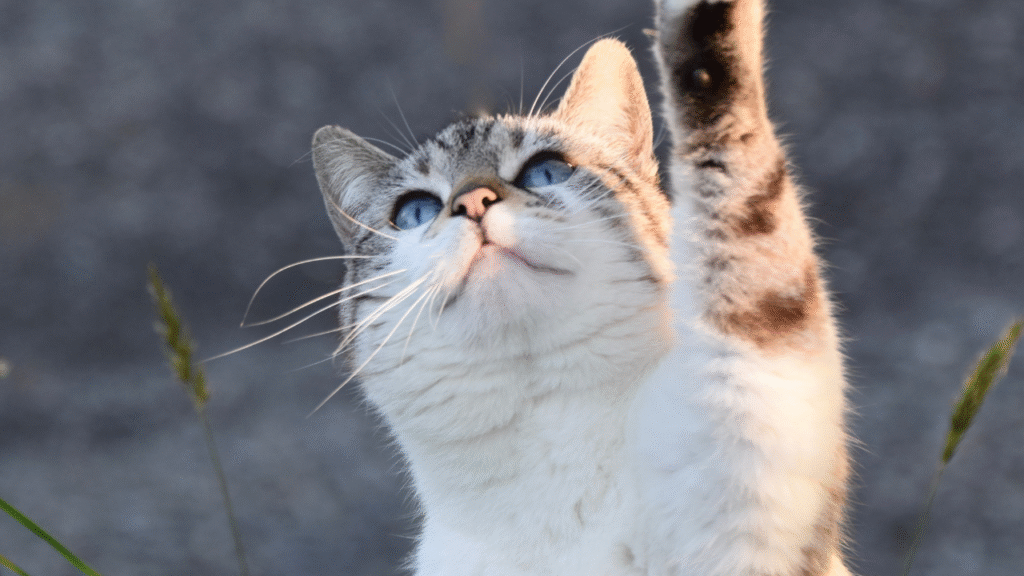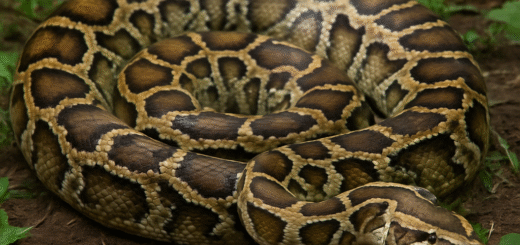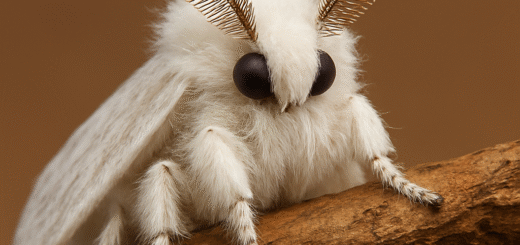Senior Cats: How to Care for an Aging Feline
As cats grow older, their needs change—just like humans. A cat is typically considered a senior at around 11 years of age. From this point forward, their bodies and behaviors can shift in subtle or dramatic ways. Proper care during these years can significantly enhance their quality of life and longevity. Here’s how to support your feline friend through their golden years.

1. Understanding the Aging Process
Senior cats often experience:
- Reduced mobility due to arthritis or joint pain.
- Decreased vision or hearing, making them more sensitive to changes.
- Changes in appetite or weight, sometimes linked to dental issues or illness.
- Altered grooming habits, possibly leading to matted fur or dirty coats.
- More sleep, often in quieter or warmer spots.
Recognizing and respecting these changes is the first step in senior cat care.
2. Regular Veterinary Visits
Older cats should visit the vet at least twice a year. These check-ups help monitor:
- Weight and body condition
- Dental health
- Kidney and liver function
- Thyroid levels
- Arthritis and mobility
Blood work, urine tests, and physical exams can catch age-related diseases early—many of which are treatable if found in time.
3. Diet and Nutrition
Senior cats benefit from diets that are:
- Rich in high-quality protein, but easy to digest.
- Low in phosphorus and sodium if kidney issues are present.
- Balanced with omega-3 fatty acids, which support joint and heart health.
Ask your vet whether your cat should switch to a “senior” formula, or if prescription food is necessary. Hydration is also key—wet food can help if your cat doesn’t drink much water.
4. Comfortable Living Spaces
Aging cats may struggle to jump or climb. You can help by:
- Adding pet stairs or ramps to their favorite spots.
- Placing beds and litter boxes on the same floor to reduce strain.
- Choosing soft bedding in warm, draft-free areas.
Heated pads or orthopedic beds can also ease aches and pains.
5. Dental Care
Dental disease is common in senior cats and can cause serious health issues. Signs include:
- Bad breath
- Drooling
- Difficulty eating
- Pawing at the mouth
Routine dental cleanings and brushing can prevent pain and infection.
6. Mental Stimulation and Affection
Even older cats need enrichment. Offer:
- Interactive toys
- Gentle play sessions
- Window perches for birdwatching
- Treat puzzles
Cats also thrive on routine and familiarity. Avoid major changes, and give them regular affection, even if they’re less active.
7. Monitor for Behavioral Changes
Look for signs like:
- Increased vocalization
- Litter box avoidance
- Disorientation
- Hiding more often
These could indicate cognitive dysfunction, similar to dementia in humans. Your vet may suggest medications, supplements, or environmental adjustments.
8. Maintain Good Hygiene
Older cats often need help with grooming. Brush them regularly to prevent matting and stimulate circulation. Check their ears, eyes, and nails, and keep the litter box extra clean—some senior cats become picky about hygiene.
9. Respect Their Pace
Senior cats might not be as energetic, but they still enjoy companionship. Let them come to you, move at their own speed, and avoid forcing activity. Patience is key.
Conclusion
Caring for a senior cat is about love, observation, and adaptation. With the right approach, your feline companion can enjoy a comfortable, happy life well into old age. Their quieter presence may not demand much, but it offers deep rewards—loyalty, wisdom, and a lifetime of companionship.








